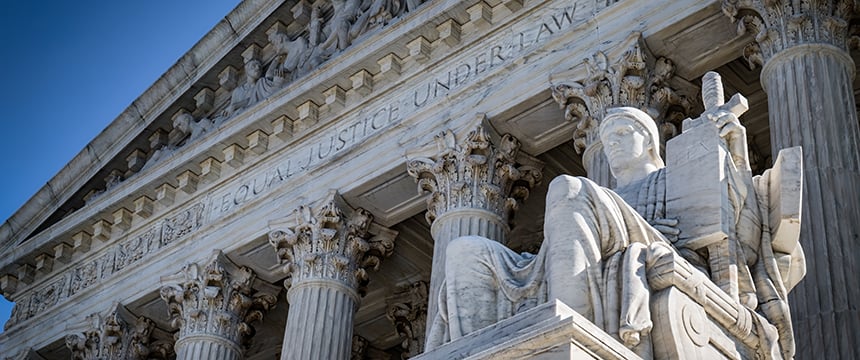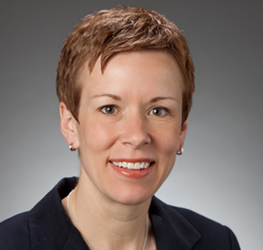
The Supreme Court has agreed to review Seventh Circuit rulings in a critical pair of False Claims Act (FCA) cases that will have a significant impact on whether FCA defendants can continue to argue that an objectively reasonable interpretation of governing law should preclude a finding of intent (or “scienter”) under the FCA. The two cases — United States ex rel. Schutte et al. v. SuperValu Inc., et al. and United States ex rel. Proctor v. Safeway, Inc. — both ruled the defendants were not liable under the FCA where they presented objectively reasonable interpretations of applicable statutory requirements, and there was no sufficiently authoritative guidance that warned them away from those interpretations.
Schutte, in particular, is notable in that the court allowed the defendant’s reasonable interpretation to defeat scienter without requiring proof the defendant had indeed believed its interpretation was correct at the time of the alleged improper conduct. Since the Seventh Circuit’s original 2-1 decisions in both cases, five other circuit courts of appeal have issued similar rulings. As a result, critics have urged the Supreme Court to overturn the decisions, arguing they improperly allow for lawyers to create post-hoc legal rationalizations for fraudulent conduct. On the other hand, the FCA is indeed an intent-based statute, and a defendant’s knowledge is an element of any FCA case. If a defendant did not knowingly violate the law where it was reasonably interpreting authoritative guidance, it is difficult to find an FCA violation.
The Supreme Court’s ultimate ruling undoubtedly will impact all FCA claims; it will either strengthen the objective reasonableness defense for FCA defendants nationwide, or it will potentially convert regulatory ambiguity into FCA risk. If defendants prevail, Congress also may get involved and amend the FCA (as it has done after other significant Supreme Court FCA rulings). Regardless, the eventual decision will impact how businesses must approach their legal and regulatory compliance obligations. We will continue to monitor ongoing developments.
